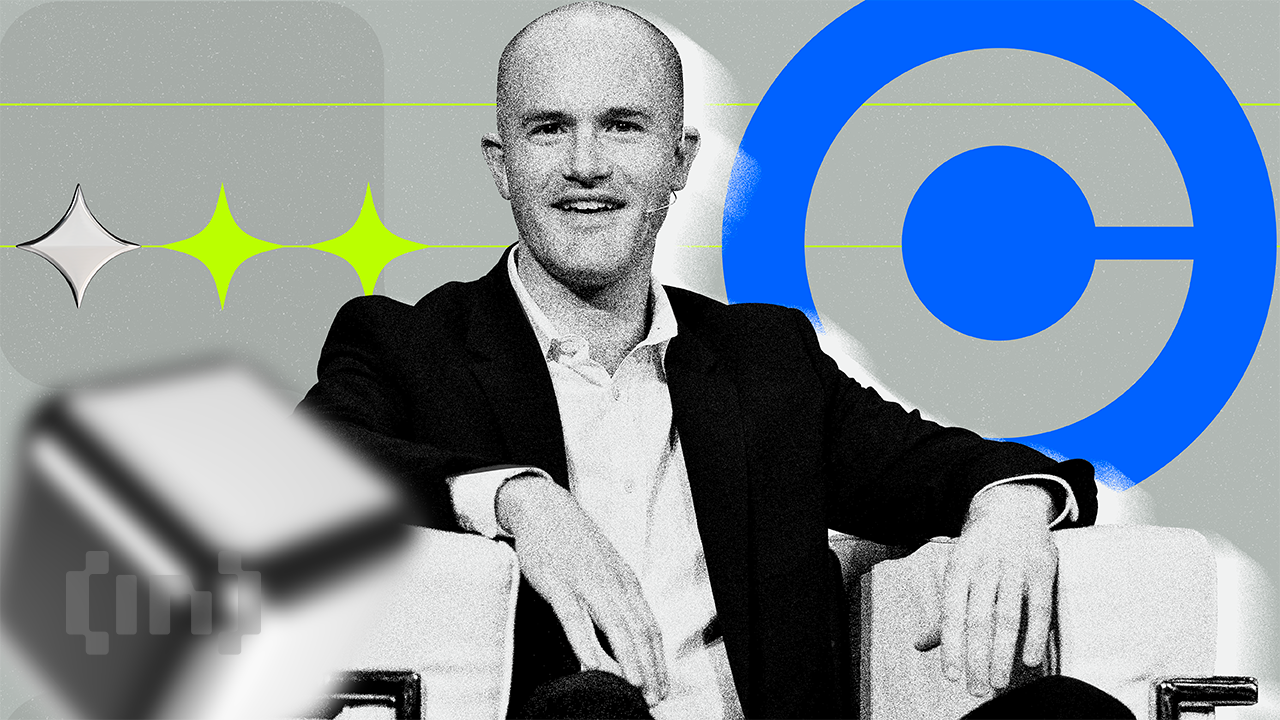
The cryptocurrency industry is abuzz with speculation about the appointment of a potential “Crypto-Czar” in the White House. It comes as President-elect Donald Trump considers creating the role of an advisor to guide federal policy on blockchain and digital assets.
Charles Hoskinson, co-founder of Ethereum and founder of Cardano, proposed Coinbase CEO Brian Armstrong as the ideal candidate for the position. This proposal sparked a spirited debate within the crypto community.
Brian Armstrong: Hoskinson’s Vision for a Crypto-Czar
In a post on X (formerly Twitter), Hoskinson emphasized the importance of appointing a neutral and knowledgeable individual to the role. He highlighted Armstrong’s leadership at Coinbase, the largest cryptocurrency exchange in the US. This, among others, is evidence of his ability to navigate regulatory challenges and foster innovation.
“With respect to the idea of a Crypto-Czar at the White House, I feel the role needs to be filled with someone who is neutral, works with all protocols, and has a deep understanding of why crypto is special,” Hoskinson wrote.
The Cardano executive criticized the current administration under President Joe Biden for its regulatory stance. He called them out for “unfair tactics” and “regulation through enforcement.”
Hoskinson argued that Armstrong could unite the crypto industry and lead legislative efforts to modernize the US regulatory framework for digital assets.
He also shared his plans to assist lawmakers directly, leveraging his experience in helping Wyoming pass 31 crypto-friendly laws. Hoskinson announced Operation Baseline, an initiative by IOHK’s policy division to identify inefficiencies and opportunities in the American cryptocurrency industry.
Community Reactions: Support and Criticism
Hoskinson’s endorsement of Armstrong has drawn mixed reactions. One X user, Maxime, voiced concerns about Armstrong’s association with centralized entities.
“I don’t like the turn personally because Brian is bringing centralization in full swing in crypto. Whether it is technically through Base or via facilitating pension funds like BlackRock with custody,” Maxime argued.
This critique reflects broader apprehensions about Coinbase’s growing influence. Some are concerned about the perceived alignment of its business model with traditional financial (TradFi) institutions.
However, other voices in the crypto community see Armstrong as a pragmatic choice. Ed n’ Stuff, another commenter on X, supported the idea.
“It’s important the crypto czar is not seen as partisan, so everyone buys in (not favoring any chain/ecosystem). A major CEX founder that is involved in a bit of everything makes sense,” the user quipped.
This sentiment highlights Armstrong’s potential to appeal to diverse stakeholders in the crypto space. Besides Coinbase’s Armstrong, another potential candidate may be Brian Brooks, the former Binance.US CEO. Brooks also has a history of serving as Coinbase CLO.
Brooks has extensive experience working with the overlap between cryptocurrency and TradFi, making him a strong contender. His tenure at the US Office of the Comptroller of the Currency (OCC) was marked by initiatives to integrate digital assets into the banking system. These, among other achievements, earned him respect across the industry.
Both Armstrong and Brooks bring distinct strengths to the table. Armstrong’s experience as a pioneer in the crypto exchange space gives him a deep understanding of the market. Meanwhile, Brooks’ regulatory expertise positions him as a bridge between policymakers and the crypto industry.
Nevertheless, Trump’s consideration of a dedicated crypto advisor reflects the growing importance of digital assets in the global economy. Hoskinson believes this move presents a unique opportunity for the US to position itself as a global leader in blockchain innovation. He called on the industry to unite behind a shared vision.
“The president’s goal is to make America the best place in the world to start and run a cryptocurrency and blockchain business,” Hoskinson said.
It remains to be seen whether more candidates will join the race for a Whitehouse Crypto-Czar. Notwithstanding, this debate reflects the challenges of balancing innovation with regulation. While Armstrong’s selection would signal a commitment to industry growth, it also raises questions about the role of centralization in a space rooted in decentralization.
The eventual appointment is expected to help shape the trajectory of US crypto policy for years to come. Whether it is Armstrong, Brooks, or another candidate, the decision will reflect how the next administration plans to address the crypto economy’s complexities while fostering innovation.
Disclaimer
In adherence to the Trust Project guidelines, BeInCrypto is committed to unbiased, transparent reporting. This news article aims to provide accurate, timely information. However, readers are advised to verify facts independently and consult with a professional before making any decisions based on this content. Please note that our Terms and Conditions, Privacy Policy, and Disclaimers have been updated.











